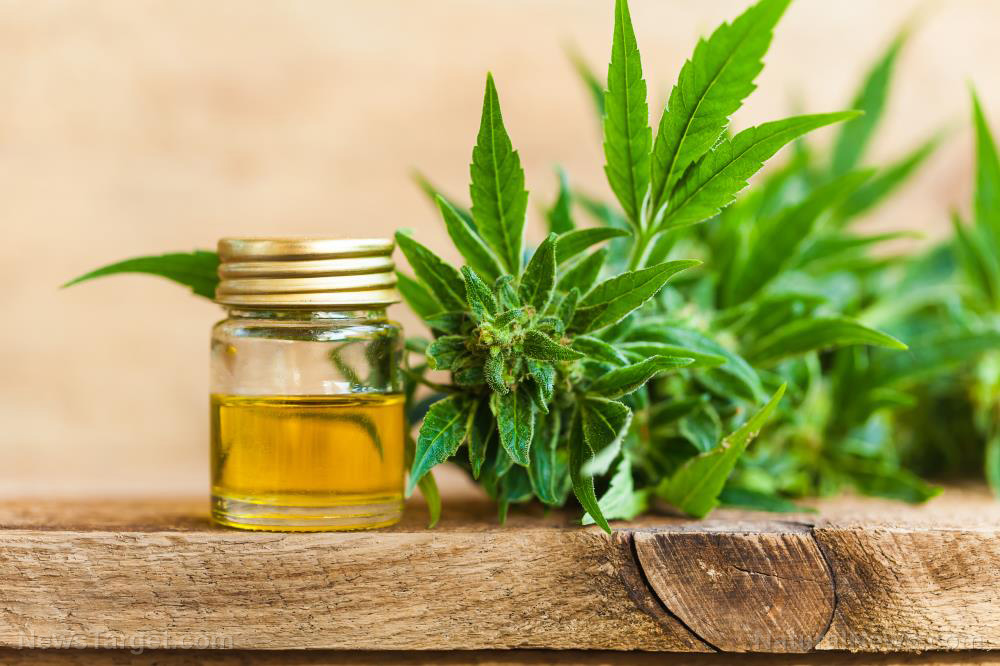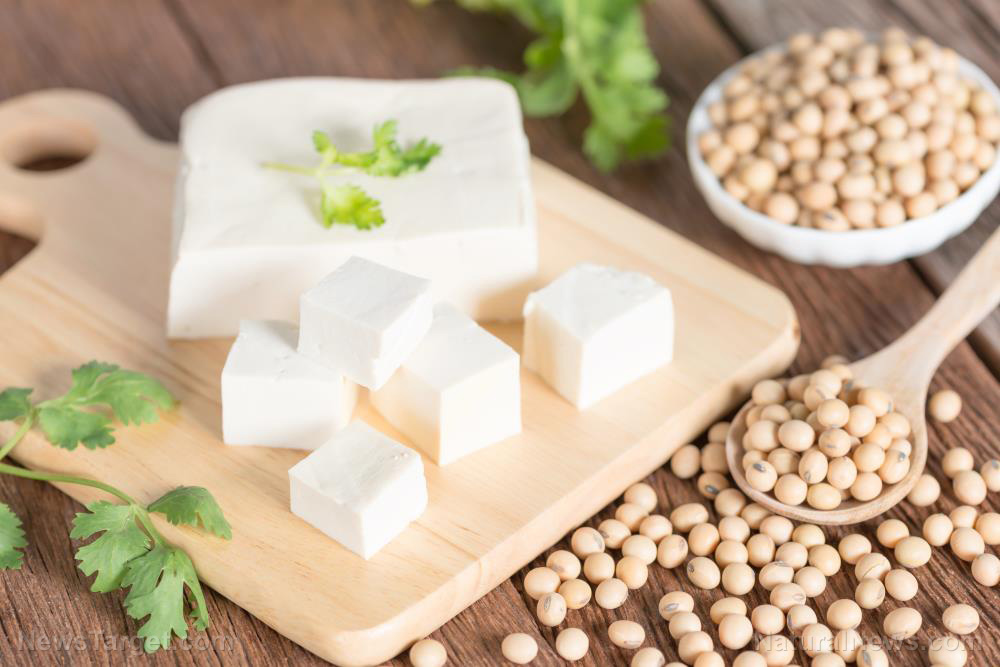Olive oil vs. avocado oil: Both are green and healthy, but which one’s better for you?
05/06/2019 / By Zoey Sky

Both avocados and olives are considered superfoods, but did you know that they are also used to make healthy cooking oils?
Olive oil is a popular cooking oil. Fresh, cold-pressed oil obtained from ripe greenish-yellow olives is the purest cooking oil.
Meanwhile, avocado oil is derived from the fruit itself, not the seeds. Avocados contain 30 percent fat, and its oil is extracted in the same way olive oil is.
Nutrition facts
One tablespoon (14 grams) of olive oil contains 119 calories. However, the same serving of avocado oil has 124 calories. The calories in both oils come mainly from fats, and neither oil contains protein or carbohydrates.
Both avocado oil and olive oil contain healthy fats like omega-3 and omega-6 fatty acids. Avocado oil contains more of these fatty acids than olive oil, but on average, both oils have the same amount of healthy fats. Both oils also contain almost the same amount of saturated fats. Avocado oil contains a higher content of unsaturated fats.
Olive oil contains a high ratio of monounsaturated fatty acids to saturated fatty acids, but avocado oil has a similar ratio of monounsaturated fats to saturated fats.
Both oils also contain phytosterols like beta-sitosterol that are naturally present in plants. Phytosterols are structurally similar to cholesterol, but they help reduce bad cholesterol levels.
Olive oil is rich in antioxidants and healthy compounds like vitamin E. It also contains tyrosol phenolic compounds like oleuropein and oleocanthal, which are very powerful antioxidants. Oleocanthal works the same way as ibuprofen, an anti-inflammatory drug.
100% organic essential oil sets now available for your home and personal care, including Rosemary, Oregano, Eucalyptus, Tea Tree, Clary Sage and more, all 100% organic and laboratory tested for safety. A multitude of uses, from stress reduction to topical first aid. See the complete listing here, and help support this news site.
Compared with avocado oil, olive oil is more stable and palatable. The latter also has better lipid and safety profiles.
When buying olive oil, opt for extra-virgin olive oil (EVOO) because it is the highest grade of olive oil. This means EVOO is unrefined.
Taste and smoke point
Both oils taste similar, but olive oil tastes fruity, pungent, and a little bitter. Since olive oil is made from uncured olives, its bitterness may vary depending on the ripeness of the fruit. The oil extracted from ripe olives is less bitter than the oil obtained from greener olives.
Avocado oil has a very high smoke point, between 480 to 520 degrees Fahrenheit (270 degrees Celsius). Use avocado oil when cooking stir-fry or other dishes that require high temperatures.
Olive oil’s smoke point may vary depending on the processing and the grade. Light olive oil has a smoke point of 430 degrees Fahrenheit, making it suitable for medium-heat frying. EVOO has a low smoke point of about 220 degrees Fahrenheit. It is unsuitable for high-temperature cooking or frying.
Take note that when oil is heated to its smoking point, it loses its nutrient content and becomes dangerous for consumption. This results in the formation of toxic compounds and harmful free radicals that are carcinogenic (cancer-causing).
The health benefits of avocado and olive oil
Olive oil for better heart health
Olive oil contains monounsaturated fatty acids (MUFAs) that can help decrease low-density lipoprotein (LDL) and increase high-density lipoprotein (HDL) in the blood. LDL is the bad cholesterol while HDL is the good cholesterol.
Additionally, MUFAs have anti-inflammatory properties and they can protect against cardiovascular diseases. MUFAs can also help control blood sugar and insulin levels. These fatty acids are good for individuals who are at risk of developing Type 2 diabetes.
Olive oil is full of plant-derived antioxidants and phytosterols. The antioxidants, carotenoids, and vitamin E in olive oil can help prevent cancer, coronary heart disease, degenerative nerve diseases, diabetes, and inflammation. Vitamin E in olive oil also protects the skin from harmful free radicals.
Plant sterols can lower your risk of heart diseases. Phytosterols prevent cholesterol absorption in the gut and reduce total cholesterol levels by 10 to 15 percent.
Use avocado oil to manage blood pressure
According to a study published in the Journal of Nutrition, avocado oil can boost the absorption of carotenoids. A separate study published in the Journal of Ethnopharmacology suggests that avocado oil lowers blood pressure.
Avocado and soybean oil extracts can stimulate cartilage growth and repair. The cooking oils help prevent bone erosion linked to periodontal disease. (Related: You know about the health benefits of olive oil, but how about avocado oil?)
When consumed in moderation, avocado and olive oil can boost heart health and lower your blood pressure.
Sources include:
Tagged Under: alternative medicine, antioxidants, avocado oil, avocados, blood pressure, carotenoids, cholesterol, clean food, cooking oils, disease treatments, EVOO, extra virgin olive oil, fatty acids, food cures, food is medicine, functional food, grocery cures, healthy fats, Healthy Oils, heart health, ingredients, monounsaturated fats, monounsaturated fatty acids, MUFAs, natural cures, natural health, natural medicine, Olea europaea, olive oil, Olives, omega 3, Omega-6, organics, phytosterols, prevention, proper nutrition, saturated fats
RECENT NEWS & ARTICLES
Natural.News is a fact-based public education website published by Natural News Features, LLC.
All content copyright © 2018 by Natural News Features, LLC.
Contact Us with Tips or Corrections
All trademarks, registered trademarks and servicemarks mentioned on this site are the property of their respective owners.




















